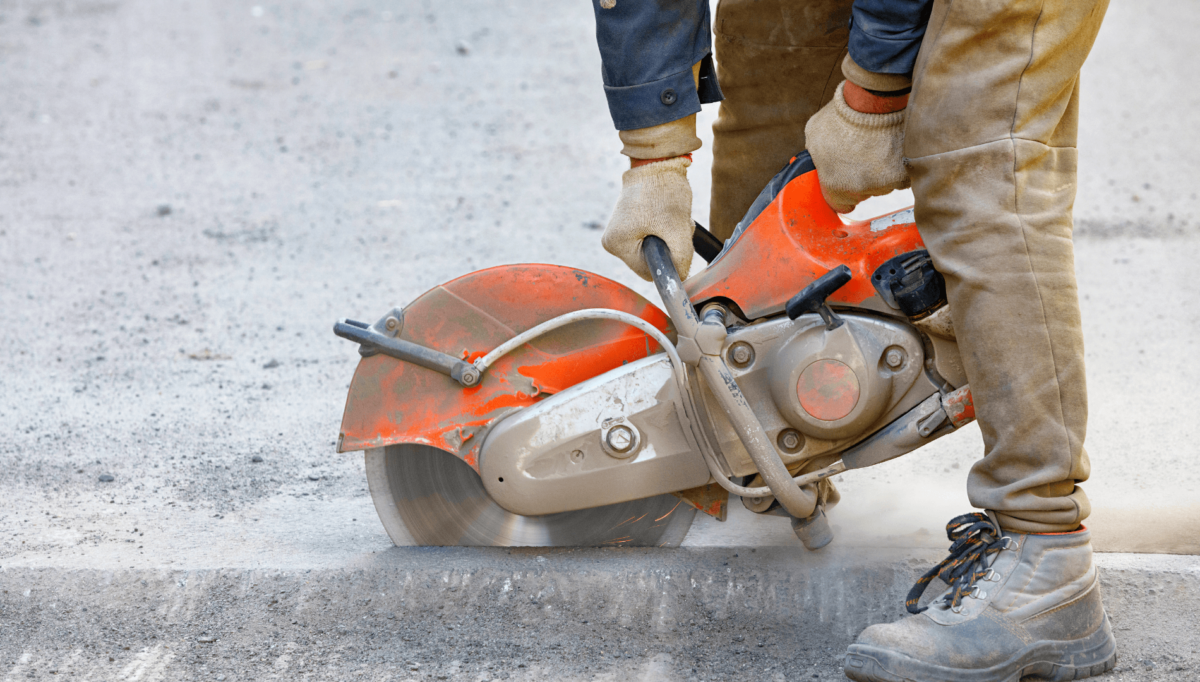
Common Jobs That Put Hearing at Risk and What to Do About It
Loud workplaces are more common than many realize, and daily noise exposure is part of the job for millions of workers. From construction sites to music venues, the sounds of machinery, tools, and crowds can reach levels that harm hearing over time. While some damage is immediate, most occupational hearing hazards develop gradually, making them easy to overlook until it’s too late.
Noise-induced hearing loss is one of the most preventable workplace injuries, yet it remains a leading concern across various industries. Prolonged exposure can lead to permanent damage without proper precautions, requiring hearing aids or other interventions. Understanding which jobs pose the highest risk and taking steps to protect hearing can make all the difference.
Construction and Manufacturing Workers
Construction sites and factories are filled with loud machinery, power tools, and heavy equipment, all generating dangerously high noise levels. Prolonged exposure to sounds above 85 decibels, such as jackhammers and saws, can cause irreversible hearing damage. Workers often don’t notice the impact immediately, but constant noise exposure can lead to hearing loss over time.
High-quality ear protection like earmuffs or earplugs is one of the best defenses against occupational hearing hazards. Rotating tasks to minimize time spent in the loudest areas and taking regular hearing health exams can help detect early signs of damage. Employers should also provide sound-dampening materials and encourage safe noise practices to protect their workforce.
Musicians and Entertainment Industry Professionals
Concerts, nightclubs, and recording studios regularly expose musicians, DJs, and sound engineers to extreme noise levels. Amplified music, large crowds, and high-volume speakers can create an environment where hearing loss is a serious risk. Many performers experience tinnitus or permanent hearing issues after years of exposure.
Using custom-fitted earplugs allows musicians to protect their ears while hearing music clearly. Taking breaks from loud environments and adjusting speaker volume levels can also help prevent long-term damage. Regular hearing health exams are critical for catching early signs of deterioration before they progress further.
Emergency Responders, Law Enforcement Officers, and Others
Firefighters, police officers, and paramedics often encounter high-decibel noises, from sirens and alarms to gunfire and explosions. Hearing protection is not always a priority in emergencies, increasing the risk of long-term damage. Even brief exposure to sudden loud sounds can affect hearing health. Specialized earplugs that allow clear communication while reducing harmful noise can help protect first responders.
Farmers, landscapers, and groundskeepers frequently use loud equipment like tractors, chainsaws, and lawnmowers. These machines produce sustained noise levels that can gradually harm hearing. Wind noise and exposure to chemicals can also contribute to ear health concerns.
Military service members are often exposed to extreme noise levels from gunfire, explosions, and heavy vehicles. Whether in training or combat, the sounds of weaponry and machinery can cause immediate and permanent hearing damage. Many veterans experience hearing loss or tinnitus due to their time in service.
Advanced ear protection, such as tactical earplugs, helps reduce dangerous noise exposure while allowing situational awareness. Regular hearing assessments during and after service are critical for monitoring any changes. The military continues to develop better protective gear to safeguard the hearing of active-duty personnel.
